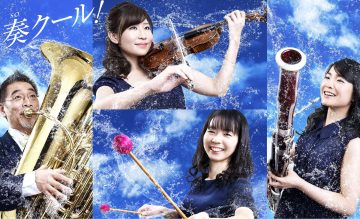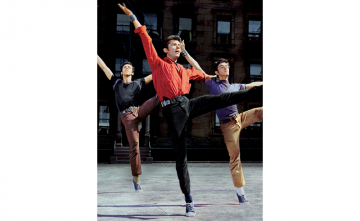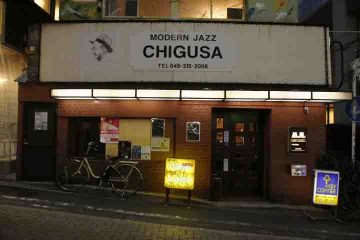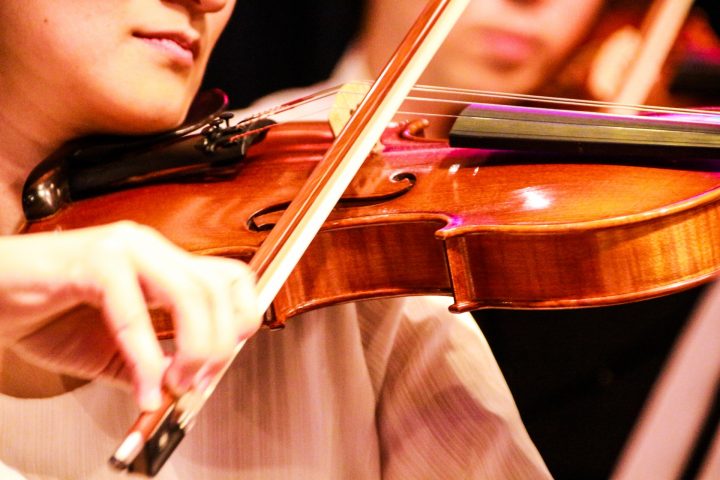Yokohama's Jazz History and Present
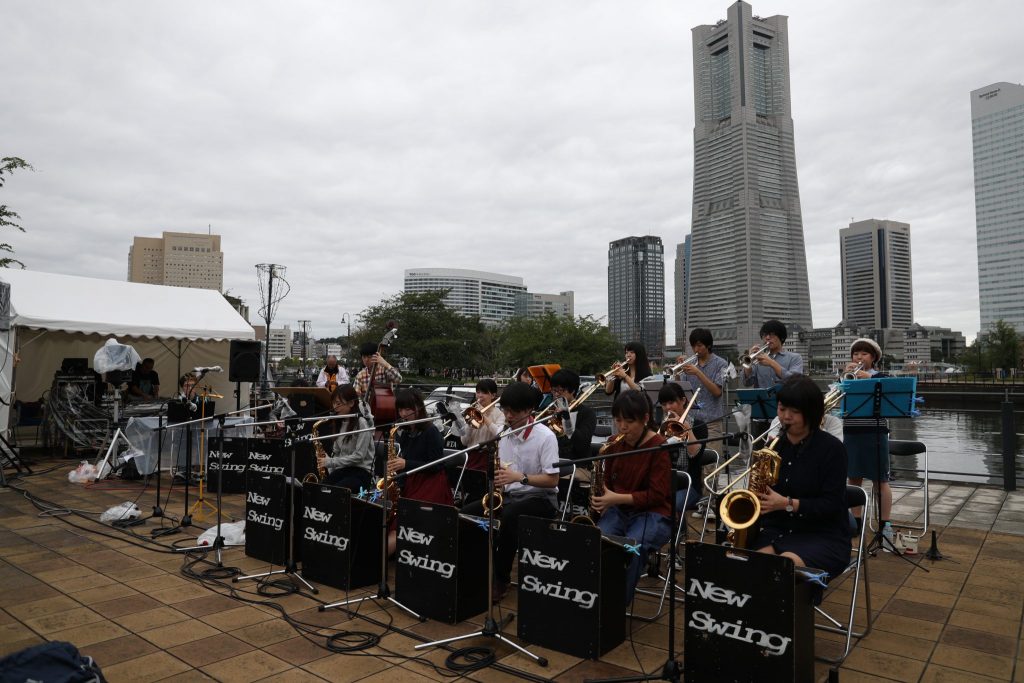
Jazz has played an important role in Yokohama's cultural history.
Currently, there are nearly 40 spots where you can enjoy live jazz performances in the Noge-Isezakicho-Kannai area, including the "jazz cafes" that have developed uniquely in Japan and remain to this day. It is rare in the world to have so many jazz-related establishments in such a small area, and some overseas musicians are surprised, saying, "I only know about New York, and there are more of them than New York."
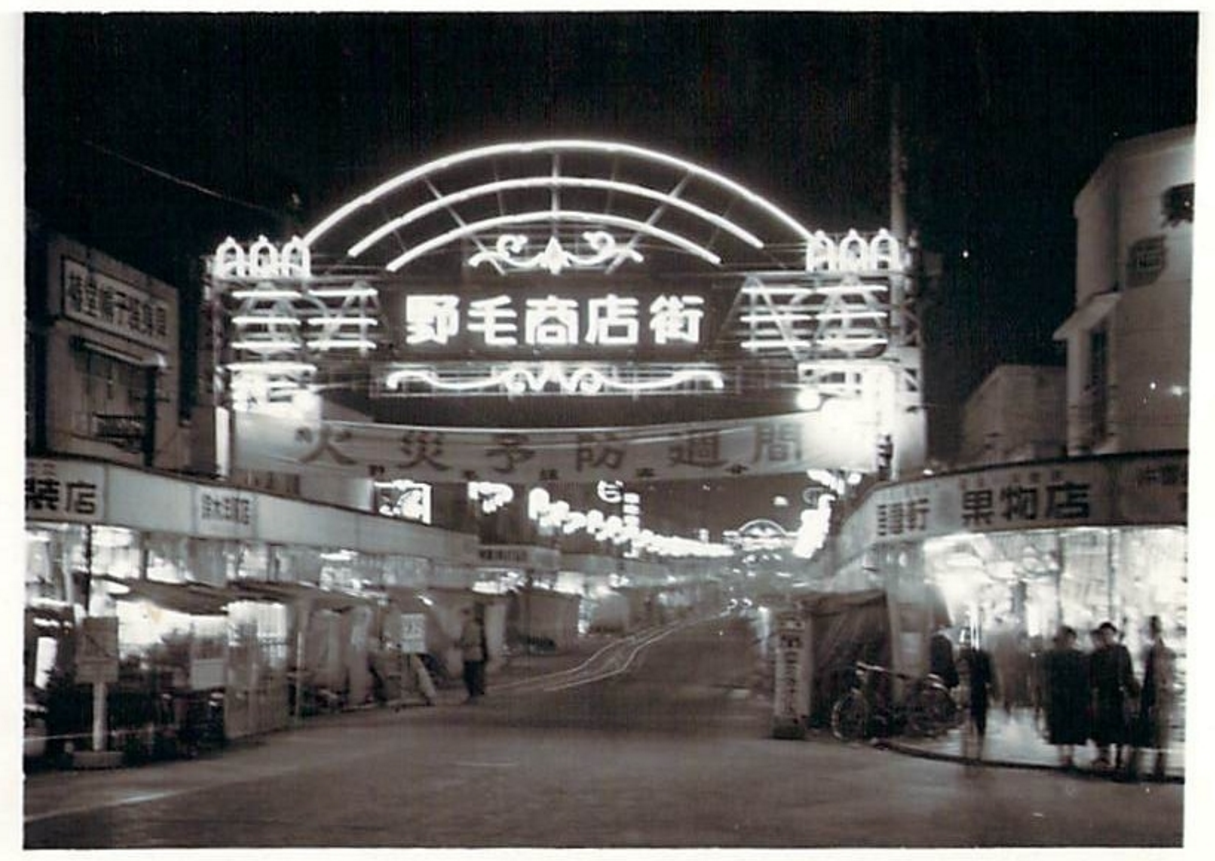
Noge Hondori at night, circa 1953 (Source: Yokohama Photo Album: 150th Anniversary of the Opening of the Port of Yokohama, Created by Everyone)
The first jazz record was recorded in America in 1917. The first jazz performance took place in Yokohama in 1925 (Taisho 14). Japan's oldest jazz cafe, Chigusa, opened in Noge in 1933 (Showa 8). Modern jazz giants such as Charlie Parker, Miles Davis, Sonny Rollins, and John Coltrane began to flourish in America in the 1940s and 1950s, so Yokohama was a jazz hub even before Miles. It shows how the Yokohama jazz scene took advantage of its location as a port city to adopt new foreign cultures even in an era when communication infrastructure was not as developed as it is today.
The Yokohama JAZZ PROMENADE , held every October, is a town development festival that also promotes the local area, and this year marks its 25th anniversary in 2017. With a ticket, you can listen to as many jazz performances as you like all day long at over 50 locations, including concert halls, jazz clubs, and street corner live shows, and over 120,000 people visit the two-day event every year. It is said that these two days are also the time when the Minato Mirai area's rental bicycle "baybike" service is in operation at its highest in the year, with many jazz fans riding around the city on rental bicycles. According to Executive Committee Chairman Hiroshi Tsuruoka, over the past 25 years, the number of jazz clubs has increased from just four at the beginning to the current number.
In preparation for its 25th anniversary, Yokohama Jazz Promenade began a partnership with the 39-year-old Detroit Jazz Festival in 2016. The festival held a jazz competition to discover young talent, and the winner, Akihiro Nishiguchi Saxophone Trio, is set to perform at the Detroit Jazz Festival in September this year. In addition, the young musicians who won the Detroit competition in October are scheduled to come to Japan to perform at Yokohama Jazz Promenade. As a port city, Yokohama is set to become even more international in the future.
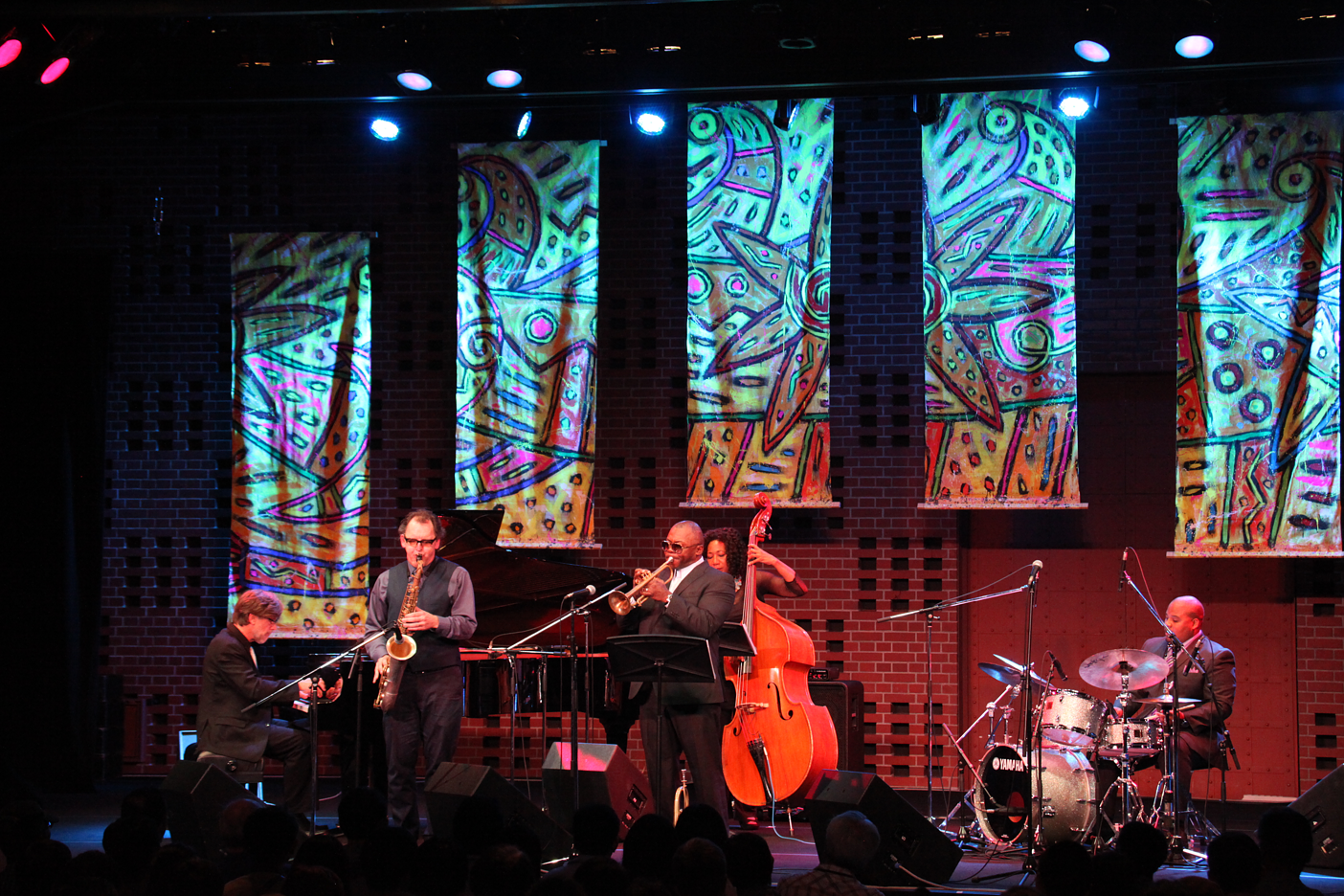
JP16 1009 Red Brick Warehouse No. 1 Chris Collins(sax) and the Detroit All-stars (c)YJP(photographed by Crew)
The Asahi Jazz Festival, held in Asahi Ward, is also known as one of the leading jazz festivals in the Yokohama area, having been held for 28 years. It also holds a Valentine's Day Concert in the winter, and, like Yokohama Jazz Promenade, continues to be a community-based event. Recently, there have been many other events that draw crowds with their own unique planning, such as the Jazz de Bon Odori in the Noge district.
Yokohama is naturally home to many local jazz musicians. In addition, jazz musicians from all over the country come to Yokohama to play at clubs throughout the year. There are many styles of jazz, and you can hear any kind of jazz in Yokohama.
Contemporary jazz has become more diversified, and new styles born from the mutual influence of hip-hop, pop and black music, such as those of Robert Glasper, are also popular, but many musicians in Yokohama continue to uphold the traditional jazz style more authentically. Looking at the US, in New York, the center of jazz, traditional styles are mixed with the newest styles that are constantly being created. In Detroit, a regional city, like Yokohama, traditional styles are also rich in flavor. Montreal, Canada, which is close to the US, also has a large city festival, the Montreal Jazz Festival, but it is conservative. With that in mind, it seems that, with the exception of cutting-edge New York, regional city jazz festivals tend to favor traditional styles, which are in line with the general image of "jazz."
